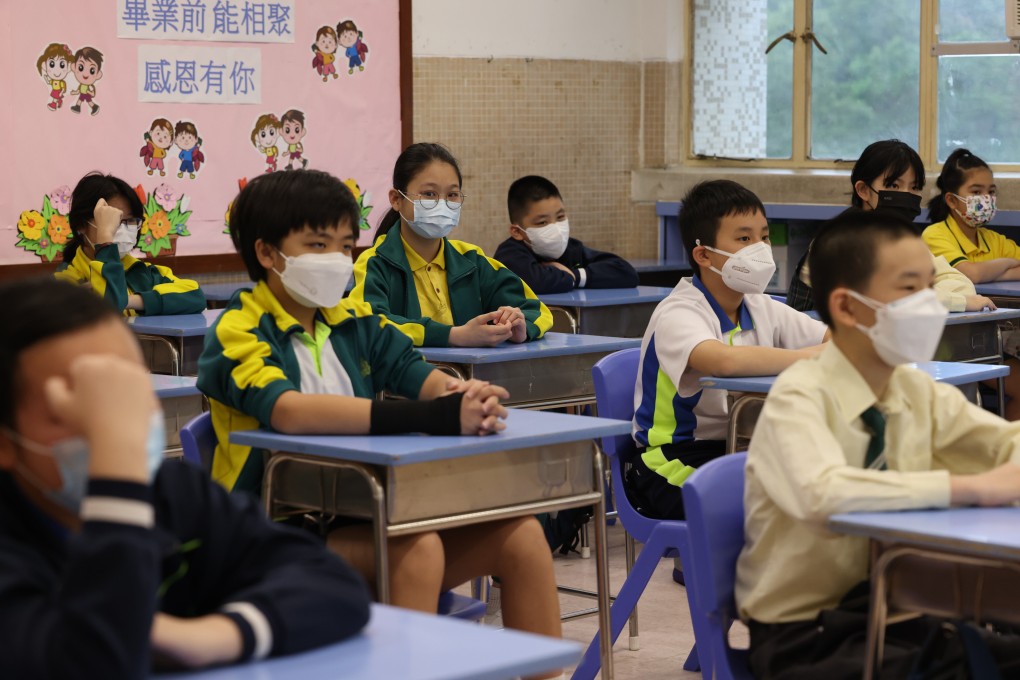Editorial | Hong Kong’s eased Covid rules call for us to do right thing
- Latest measures amount to an honour system that imposes social obligations on amber-coded people and operators of high-risk places to make it work

The latest relaxation of travel restrictions strikes a balance between expert medical advice and public weariness. Three days’ mandatory isolation in hotel quarantine instead of seven for people testing negative for Covid-19 is welcome.
But questions have been raised about the four days of home- or hotel-based surveillance with limited movement to follow the isolation period, flagged by the addition of colour coding to the government’s “Leave Home Safe” app.
With the 3+4 (isolation and surveillance) policy to take effect on Friday ahead of the new school year, some want guidelines on the treatment of students. Their concerns, which include dependence on them to declare their health status, have been echoed by health experts and employers in regard to staff under surveillance.
Two Hong Kong ministers have urged employers and schools to provide separate eating spaces for those under home surveillance, who are barred from visiting restaurants and other high-risk places.
A new health-code system, implemented alongside the relaxed quarantine arrangements for arrivals, will use a red code on the app to identify infected patients, and a yellow code for uninfected people under home surveillance for four days, allowing limited movement.

